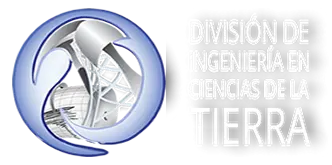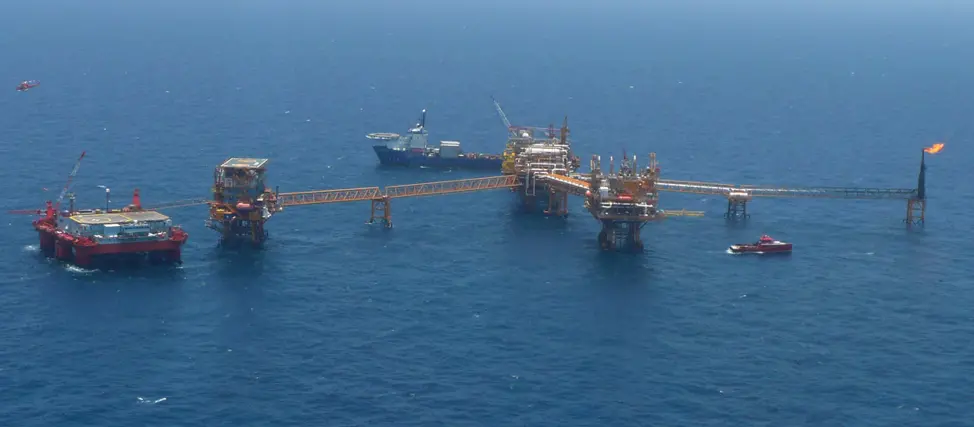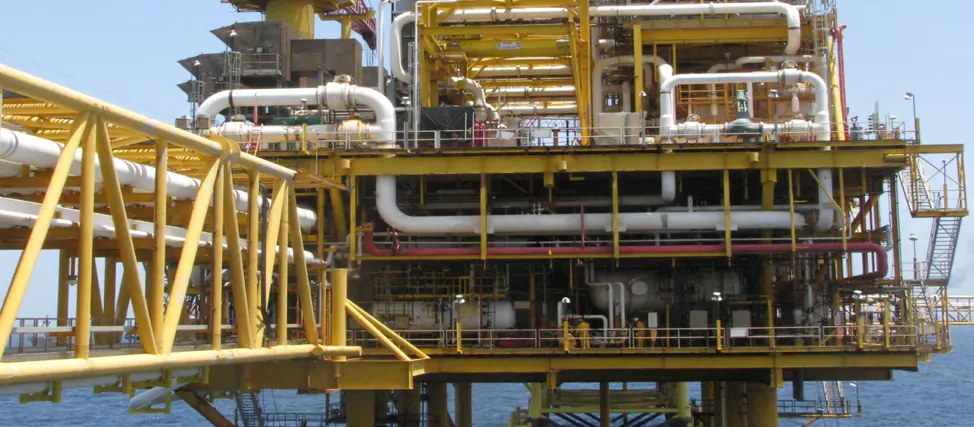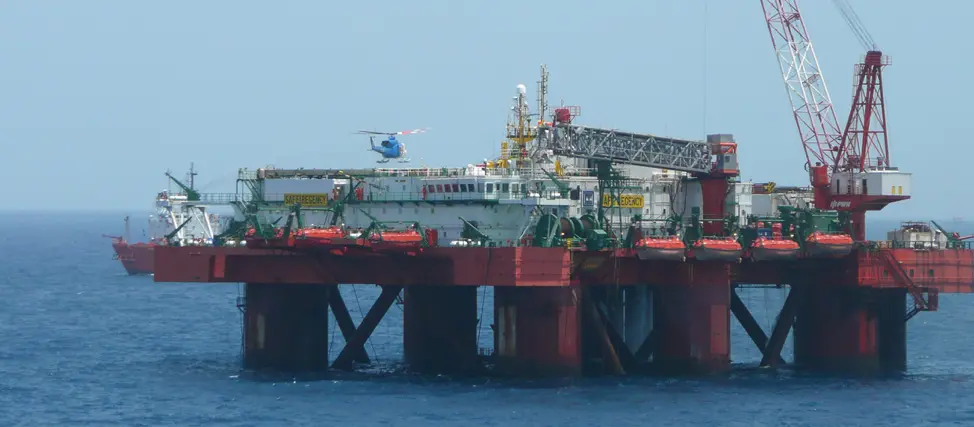❯ Program Educational Objectives
-
Graduates participate as leaders of multidisciplinary teams focused on engineering projects for the exploitation of subsoil fluids, in the public or private sector.
-
Graduates participate in the design, measurement, operation and analysis of processes applied to the exploitation of subsoil fluids, in accordance with current technical and environmental regulations.
-
Graduates collaborate in research projects related to engineering for the exploitation of subsoil fluids, which help to advance related sciences.
-
Graduates carry out studies of continuous education in areas of engineering, administration, economy or finance.
-
Graduates work actively in the oil, geothermal and hydrogeological sectors, identifying areas of opportunity and entrepreneurship, and making decisions with ethics and social responsibility.





